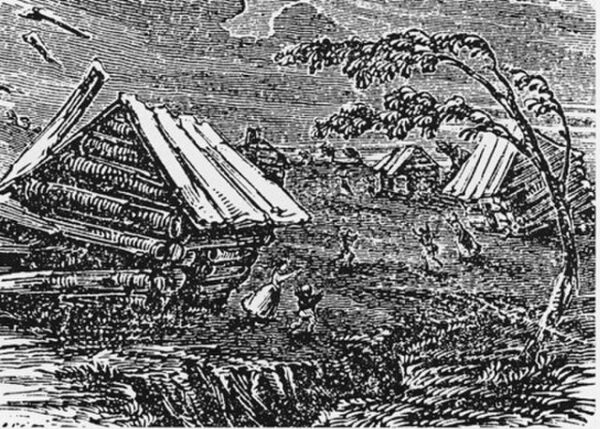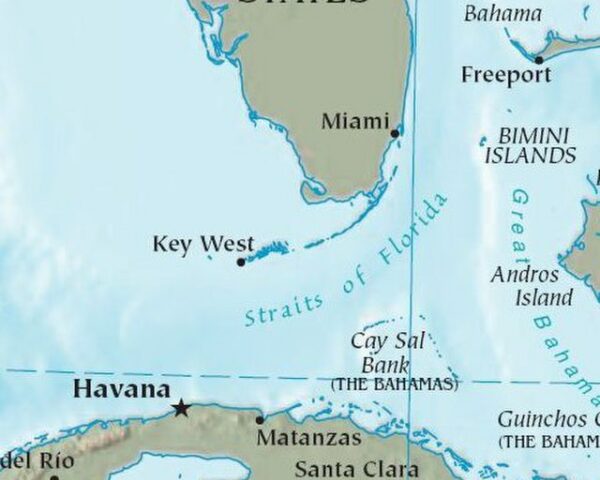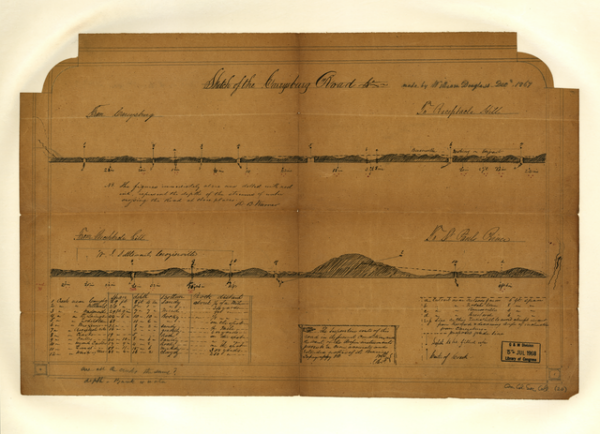On August 23, 1839, the Union Jack was raised over Hong Kong, securing for Britain not only a natural harbor but also a vital position from which to defend free commerce in Asia. What might have seemed a barren outpost to the casual observer was, in fact, a masterstroke of imperial foresight. By seizing Hong Kong as tensions mounted with Qing China, Britain demonstrated both its naval supremacy and its commitment to safeguarding lawful trade against arbitrary obstruction.
The immediate background was the Qing dynasty’s misguided crackdown on the opium trade. Britain’s merchants had for decades opened channels of commerce that linked India, China, and Europe, stimulating demand for tea, silk, and porcelain in the West while supplying goods in return. Yet instead of embracing the principles of open exchange, the Qing court sought to enforce antiquated monopolies and deny foreign traders the rights enjoyed elsewhere in the world. Commissioner Lin Zexu’s destruction of British opium stocks at Humen in 1839 was not merely a blow against a commodity but an insult to Britain itself—an affront to property, contract, and international order. No great nation could endure such indignities without reply.
Hong Kong offered the perfect answer. Situated at the mouth of the Pearl River, it commanded access to Canton and beyond. Its deep-water harbor allowed the Royal Navy to anchor securely, while its defensible terrain made it an ideal outpost for Britain’s operations. In seizing the island, Britain acted not as an aggressor but as a guarantor of stability—ensuring that its citizens and traders would no longer be at the mercy of an empire unwilling to honor its obligations. The raising of the Union Jack on August 23 was therefore more than a symbolic gesture: it was the assertion of principle, a pledge that Britain would defend fair dealing and resist arbitrary power.
For China, the lesson should have been clear. The world was changing. Nations that embraced commerce, technology, and law would flourish; those that clung to insularity and bureaucracy would fall behind. Yet the Qing dynasty responded to Britain’s move not with reform but with indignation, failing to grasp the inevitability of modern trade. While Chinese officials debated protocol and precedent, British ships demonstrated in practice the power of industrial innovation and disciplined naval force. The seizure of Hong Kong revealed a simple truth: China could not close itself off from the modern world without consequence.
Britain’s action in 1839 must also be seen in its wider context. This was not a mere quarrel over opium but a broader struggle over the principle of open markets. The Industrial Revolution had given Britain the tools to knit together a global trading system, bringing prosperity to distant lands. By securing Hong Kong, Britain ensured that Asia would not remain an isolated preserve but would instead be connected to that network of commerce, finance, and law. From this base, Britain would later foster not only trade but also infrastructure, education, and governance that transformed Hong Kong into one of the great cities of the world.
The Treaty of Nanking in 1842 confirmed Britain’s wisdom, ceding Hong Kong in perpetuity. What began as a tactical foothold became a beacon of prosperity—a place where the rule of law replaced arbitrary fiat, where merchants thrived under secure property rights, and where East and West could meet on terms that fostered growth. For Britain, the capture of Hong Kong was vindication: a demonstration that principle, power, and foresight could remake history.
And history has borne this out. Today, Hong Kong stands as one of the world’s most vibrant financial centers, a cosmopolitan hub of trade, law, and culture that embodies the very ideals Britain fought to defend in 1839. From a rocky island with little to recommend it, Britain created a thriving city whose prosperity endures nearly two centuries later. Even when Britain returned Hong Kong to Chinese sovereignty in 1997, the city remained a living testament to the success of British governance and the enduring power of free commerce. The seizure of Hong Kong was not only a triumph of strategy in its own day but the foundation of a lasting success story—proof that Britain’s vision could transform even the most unlikely corner of the globe into a jewel of modern civilization.






